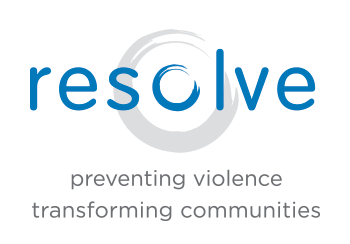Traditional safety advice for women says women should:
•Never go out late / after dark.
•Always stay in groups.
•Not go to bad neighborhoods.
•Carry keys between their fingers.
•Carry mace / a gun / a whistle.
•Check under their cars / in their backseats before getting in.
•Not wear short skirts.
Women often prepare themselves by doing any / all of the above, or by worrying; as if worrying every day could protect us from the pain of an assault. We oftentimes apply this same or similar safety advice to our children.
I looked for a personal safety program that went beyond this list because I was outraged by the idea that I should have a curfew imposed on me that did not apply to men. I wanted to be able to do things independently; I didn’t want to always have to be with a friend. I was frustrated by advice that ignored the fact that some of us live in or work in bad neighborhoods. I was incredulous that this advice didn’t acknowledge that though many worry walking on the street alone, that the majority of the hurt we’ve experienced was by someone we knew, not someone lurking in the parking lot. And I resented the implication that I brought any abuse I endured upon myself.
In truth, following the above protocol did not keep me safe, but it did make my life smaller and made me more fearful.
It’s interesting to me that ultimately these are our choices. We can do these actions every day that result in increased fear and suspicion of others, particularly those that may fit a certain stereotype; or we can invest time in learning life skills.
When we learn skills, our lives open up with possibilities.
Twenty hours assured me that I didn’t need to worry about what I was wearing, that, in fact, clothing would neither deter nor attract the typical assailant. A couple weekends in the classroom meant that I opened up to men again, because I understood the difference between a nice guy and someone who was willing to cross my boundaries, regardless of how I felt. After the class, I trusted myself to react to signals I was receiving both from those in my life and strangers, instead of making excuses for them or denying what was clearly happening. After four days, I felt a change in my body, knowing that it was a safe place that I could now protect.
We all prepare for violence and hurtful events in life differently. Preparing should make us feel safer and our lives bigger, not more scared and more retracted. What do you do to prepare?
